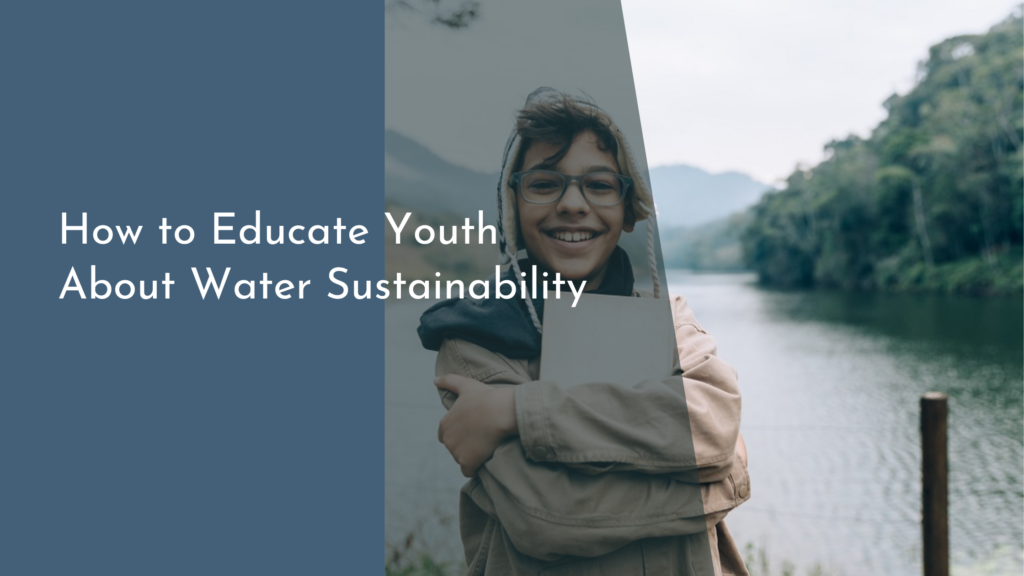The Role of Environmental Education in Climate Change Mitigation
In the face of escalating climate challenges, environmental education emerges as a pivotal tool in fostering awareness and inspiring action among individuals and communities. This form of education goes beyond imparting knowledge about the natural world; it equips learners with the skills and motivation necessary to actively participate in climate change mitigation efforts. Through a robust framework, environmental education shapes not only how people understand their environment but also how they can contribute to its preservation and restoration. This article explores the fundamental aspects of environmental education, its connection to climate change action, effective teaching strategies, and the empowering potential it holds for a sustainable future.
Unpacking Environmental Education Basics
Environmental education is a multifaceted approach that encompasses the study of ecosystems, biodiversity, sustainability, and human impact on the environment. It aims to cultivate an understanding of ecological principles and the interconnectedness of life systems. By fostering environmental literacy, this educational approach encourages individuals to reflect on their consumption patterns and the implications of their actions on the planet. When people are informed and conscientious, they are more likely to make environmentally friendly choices, whether in their personal lives or broader societal contexts.
Moreover, environmental education is not confined to traditional classroom settings. It often extends to outdoor experiences, community projects, and interactive workshops that provide practical, hands-on learning opportunities. These experiences are essential in driving home the importance of environmental stewardship. By engaging directly with nature, learners can witness the beauty and fragility of ecosystems firsthand, which can significantly enhance their commitment to conservation efforts. This immersive approach helps to create a lasting impact on attitudes and behaviors, fostering a generation that values and protects its natural heritage.
Linking Education to Climate Change Action
Education is a powerful catalyst for climate change action, as it transforms passive awareness into active participation. By integrating climate science into educational curricula, individuals gain a comprehensive understanding of climate dynamics, the anthropogenic factors contributing to global warming, and the urgent need for mitigation strategies. This knowledge empowers them to advocate for sustainable policies and practices within their communities, ultimately influencing larger systemic changes.
Furthermore, environmental education cultivates critical thinking skills and problem-solving abilities, which are essential for addressing complex climate-related challenges. When learners are encouraged to explore potential solutions and assess their feasibility, they become more innovative and engaged in developing effective responses to climate change. This proactive mindset nurtures a sense of responsibility and agency, encouraging individuals to become leaders in the transition to a low-carbon economy and more resilient societies.
Key Strategies in Teaching Sustainability
One of the most effective strategies in teaching sustainability is the incorporation of project-based learning, which allows students to engage in real-world issues and develop tangible solutions. This hands-on approach not only enhances understanding but also fosters a sense of ownership and accountability for environmental outcomes. For instance, students might work on projects that involve designing energy-efficient systems, developing waste reduction strategies, or creating awareness campaigns on renewable energy sources.
Another key strategy is the integration of interdisciplinary learning, where subjects such as science, social studies, and economics are woven together to provide a holistic view of sustainability issues. By understanding the multifaceted nature of environmental challenges, students can better appreciate the interplay between different sectors and the need for collaborative efforts in climate change mitigation. This approach helps to build a versatile skill set that is crucial for devising comprehensive and effective environmental solutions.
Empowering individuals through environmental education is essential in the global fight against climate change. By equipping people with the knowledge, skills, and motivation needed to tackle environmental issues, we lay the foundation for a more sustainable and resilient future. As awareness grows and educational strategies evolve, so too does our collective capacity to implement meaningful change. With every lesson learned and every action taken, we edge closer to the realization of a greener, more sustainable world for future generations to inherit.


